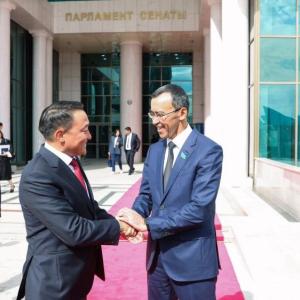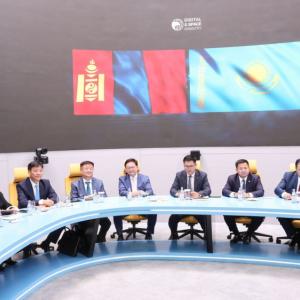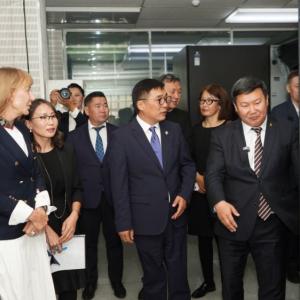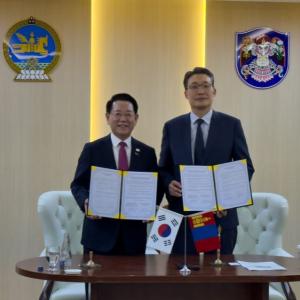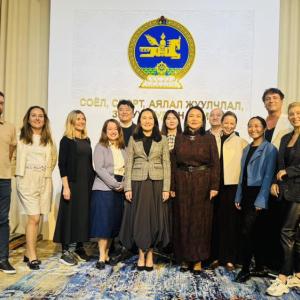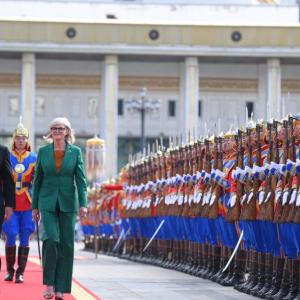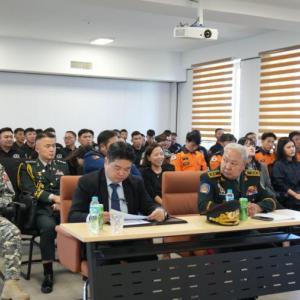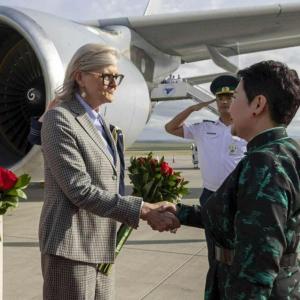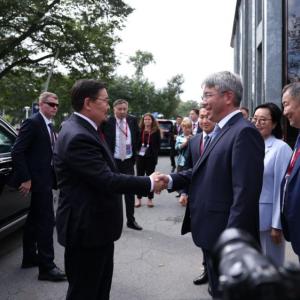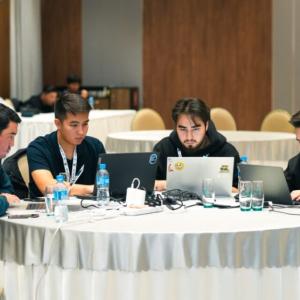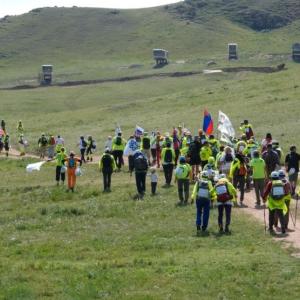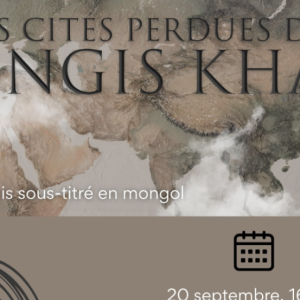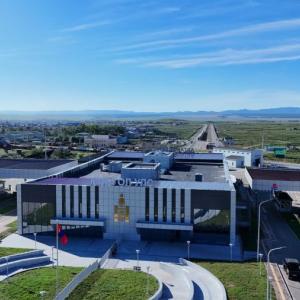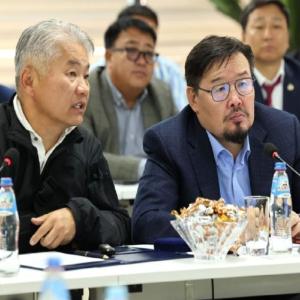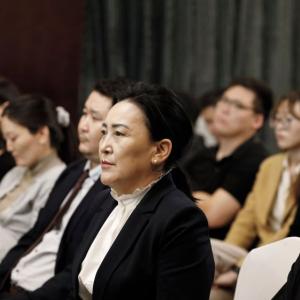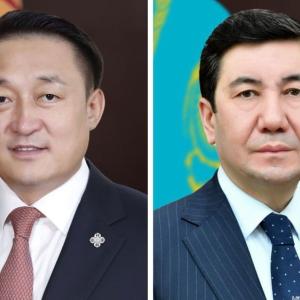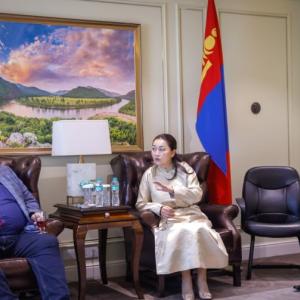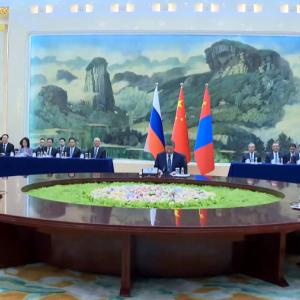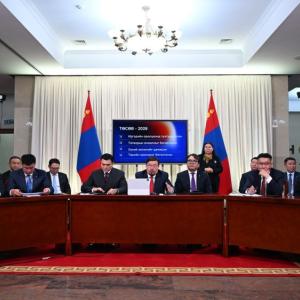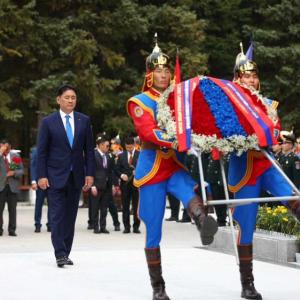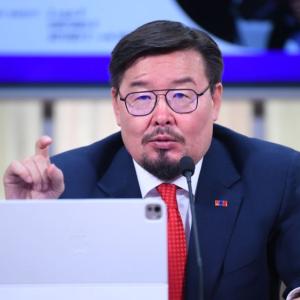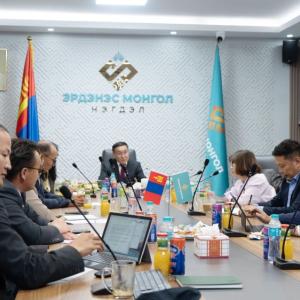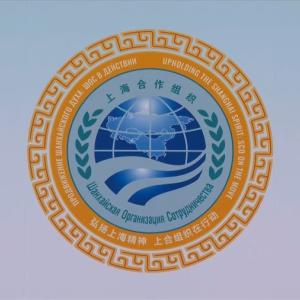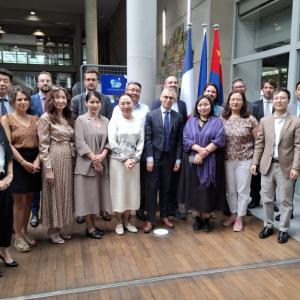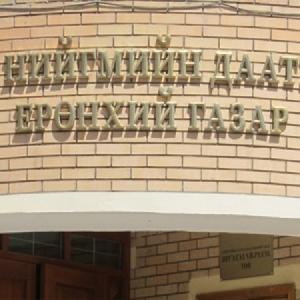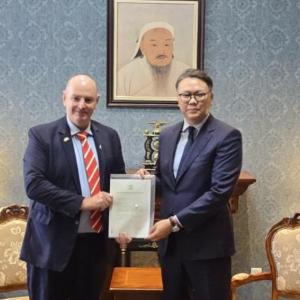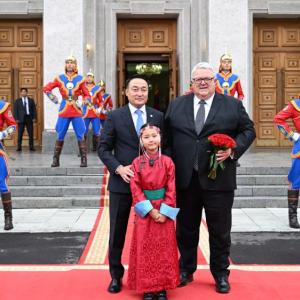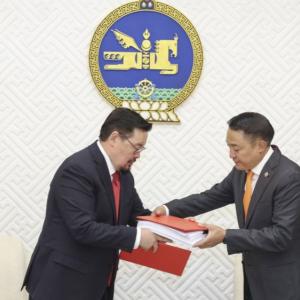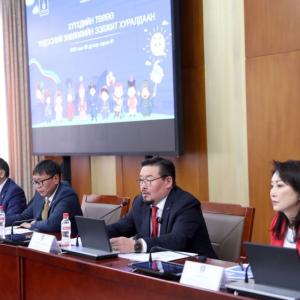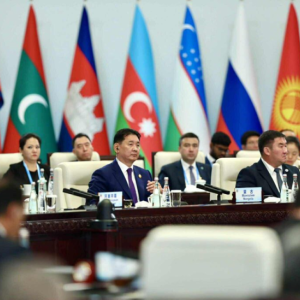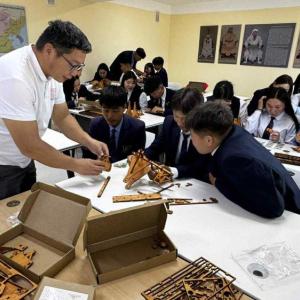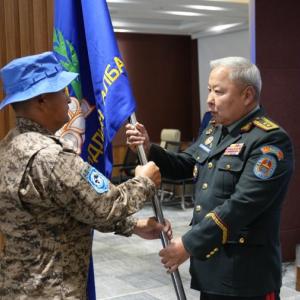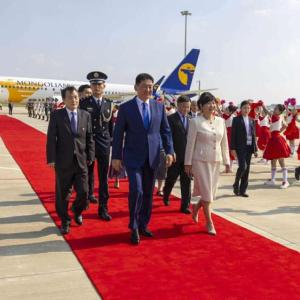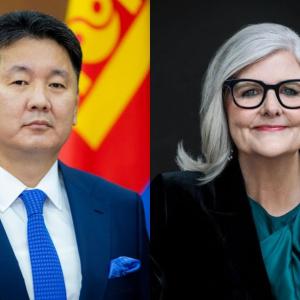Annual report released on state of human rights in Mongolia
Society
Ulaanbaatar /MONTSAME/ Amnesty International launched the annual report titled ‘The State of the World’s Human Rights’ on February 22, which covers 159 countries and delivers the most comprehensive analysis of the state of human rights in the world today.
Upon the launch of the report, Amnesty International Mongolia organized a meeting at the National University of Mongolia among human rights experts.
R.Ochirbal, Leader of the Lawyer’s group of Amnesty International Mongolia delivered a presentation titled ‘State of Human Rights in Mongolia’, in which he illustrated the main human rights concerns in Mongolia Amnesty International highlights.
“The death penalty was abolished as the new Criminal Code and Code of Criminal Procedure came into force. Impunity for torture and other ill-treatment of detainees and attacks against human rights defenders continued. The economic, social and cultural rights of people living in rural areas affected by mining activities, and in ger areas − areas without adequate access to essential services − were at risk of being violated,” Amnesty International assessed the state of human rights in Mongolia.
Death penalty
The death penalty was abolished for all crimes when the new Criminal Code came into force on 1 July, after its adoption in December 2015. However, in November, the newly elected President proposed reinstatement to the Ministry of Justice in response to two violent rape and murder cases.
Human rights defenders
Human rights defenders continued to report physical attacks and harassment by law enforcement authorities and private corporations. These human rights defenders included students with disabilities acting as whistleblowers exposing discrimination and sexual abuse in a school, and journalists trying to report human rights issues such as gender-based violence. Existing laws failed to protect them from harassment and unjustified interference with their privacy.
Torture and other ill-treatment
Impunity and under-reporting of torture and other ill-treatment of individuals in detention, including people with disabilities and foreign nationals, continued in the absence of an independent, dedicated investigation mechanism. The new Criminal Procedure Code becoming effective in July did not reestablish the previously disbanded independent investigation unit, despite advocacy efforts by civil society.
Freedom of expression
On 1 July, a new Administrative Offence Act came into effect, allowing for increased administrative fines including when false information was published that could damage the reputation of individuals or business entities. A media professionals’ organization criticized the law for being vague and overly broad, and feared it could be excessively used to suppress freedom of expression. Media companies staged a media blackout on 26 April to protest against the law, which was subsequently passed with reduced fines.
Economic, social and cultural rights
Authorities failed to protect traditional herders from the operations of mining companies that negatively affected their livelihoods, traditional culture, and access to land and clean water. The influx of mining companies and transporting trucks in the Dalanjargalan soum of Dornogobi province caused heavy dust which severely degraded pastures and threatened the health and safety of livestock and people. Media workers filmed mining company representatives intimidating journalists and herders. Following his visit to Mongolia in September, the UN Special Rapporteur on human rights and the environment called for consultation with local communities before mining permits were issued, and for improved standards to ensure safe operation.
Right to housing and forced evictions
Residents in the ger areas of the capital, Ulaanbaatar, continued to live with the possibility of forced eviction due to urban redevelopment, without updated information on redevelopment plans, genuine consultation or adequate compensation. Residents complained that the new local government elected in June 2016 had failed to implement redevelopment plans agreed with the previous government; the new government claimed it lacked funds. These plans included the provision of essential components of adequate housing such as safe drinking water, sanitation and energy.
Upon the launch of the report, Amnesty International Mongolia organized a meeting at the National University of Mongolia among human rights experts.
R.Ochirbal, Leader of the Lawyer’s group of Amnesty International Mongolia delivered a presentation titled ‘State of Human Rights in Mongolia’, in which he illustrated the main human rights concerns in Mongolia Amnesty International highlights.
“The death penalty was abolished as the new Criminal Code and Code of Criminal Procedure came into force. Impunity for torture and other ill-treatment of detainees and attacks against human rights defenders continued. The economic, social and cultural rights of people living in rural areas affected by mining activities, and in ger areas − areas without adequate access to essential services − were at risk of being violated,” Amnesty International assessed the state of human rights in Mongolia.
Death penalty
The death penalty was abolished for all crimes when the new Criminal Code came into force on 1 July, after its adoption in December 2015. However, in November, the newly elected President proposed reinstatement to the Ministry of Justice in response to two violent rape and murder cases.
Human rights defenders
Human rights defenders continued to report physical attacks and harassment by law enforcement authorities and private corporations. These human rights defenders included students with disabilities acting as whistleblowers exposing discrimination and sexual abuse in a school, and journalists trying to report human rights issues such as gender-based violence. Existing laws failed to protect them from harassment and unjustified interference with their privacy.
Torture and other ill-treatment
Impunity and under-reporting of torture and other ill-treatment of individuals in detention, including people with disabilities and foreign nationals, continued in the absence of an independent, dedicated investigation mechanism. The new Criminal Procedure Code becoming effective in July did not reestablish the previously disbanded independent investigation unit, despite advocacy efforts by civil society.
Freedom of expression
On 1 July, a new Administrative Offence Act came into effect, allowing for increased administrative fines including when false information was published that could damage the reputation of individuals or business entities. A media professionals’ organization criticized the law for being vague and overly broad, and feared it could be excessively used to suppress freedom of expression. Media companies staged a media blackout on 26 April to protest against the law, which was subsequently passed with reduced fines.
Economic, social and cultural rights
Authorities failed to protect traditional herders from the operations of mining companies that negatively affected their livelihoods, traditional culture, and access to land and clean water. The influx of mining companies and transporting trucks in the Dalanjargalan soum of Dornogobi province caused heavy dust which severely degraded pastures and threatened the health and safety of livestock and people. Media workers filmed mining company representatives intimidating journalists and herders. Following his visit to Mongolia in September, the UN Special Rapporteur on human rights and the environment called for consultation with local communities before mining permits were issued, and for improved standards to ensure safe operation.
Right to housing and forced evictions
Residents in the ger areas of the capital, Ulaanbaatar, continued to live with the possibility of forced eviction due to urban redevelopment, without updated information on redevelopment plans, genuine consultation or adequate compensation. Residents complained that the new local government elected in June 2016 had failed to implement redevelopment plans agreed with the previous government; the new government claimed it lacked funds. These plans included the provision of essential components of adequate housing such as safe drinking water, sanitation and energy.
Source: Amnesty International

 Ulaanbaatar
Ulaanbaatar
